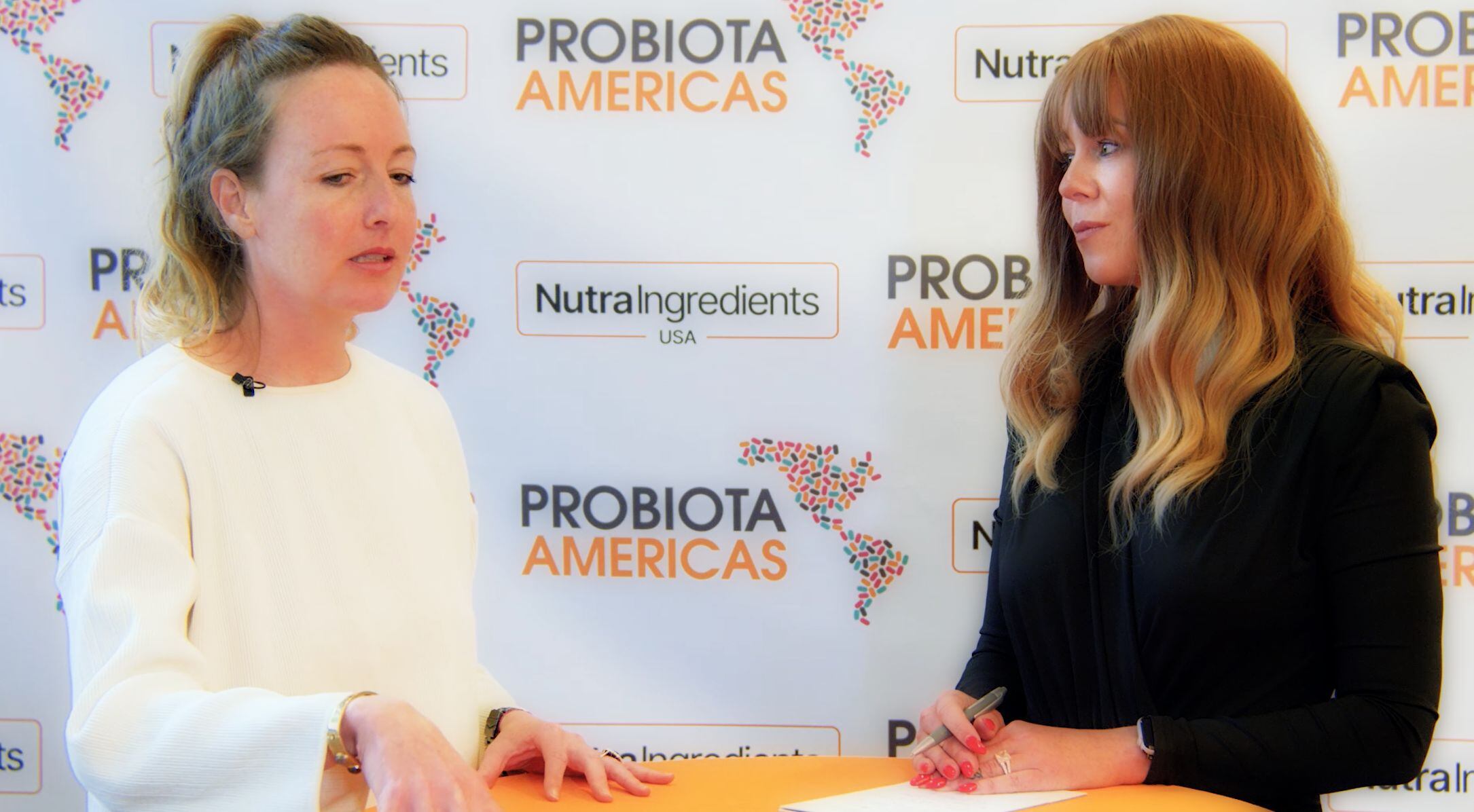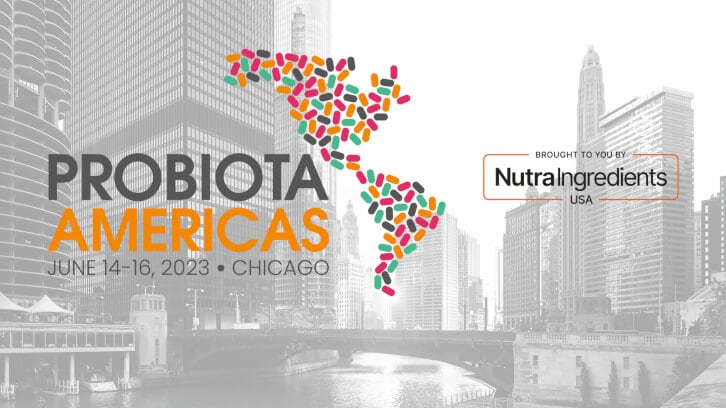Fresh off the Probiota Americas stage in Chicago, Caroline Carralero stopped by to discuss Nouri’s new additions–a prenatal and more recently menopause support. The founder and CEO said that the prenatal is the biggest opportunity to impact human health.
“We're really excited about the first 1000 days of life, so conception to year two. Specifically our prenatal fits in that first 270 days, so, day 0 to 270. And years before I started at Nouri, I was looking at all the different research, reports and studies and it showed that it's our biggest window of opportunity to impact human health. So when you look at the microbiome, it's our biggest microbial opportunity as well. And so we started with a prenatal, it is a unique product because it's not a vitamin. So you still are asking the consumer to take their vitamin and take a probiotic. That's probably the most challenging aspect of the product,” said Carralero.
“However, what we're learning is just a ton of information that's really important about how the microbiome impacts not only the mom, but also the baby and and there's a lot of interesting ways to get ahead of some of the problems before they start, by taking a prenatal probiotic. So we're really encouraging women to take more of a proactive approach with this product.”
Nouri recently debuted its Menopause Health Probiotic, which Carralero said will be in about 10,000 stores by the end of the year.
“We've never had so much positivity around a product–ever. We just released it a couple of weeks ago. It’s our most well-distributed product. And that's just by nature of demand, it's really interesting, we’ve been talking about this here at Probiota and Nutraingredients has been talking about this for years now, of this category being really, really ripe for innovation. It’s different from a prenatal, with menopause it's a longer season. It's a longer period of time, so your addressable market is larger, you also have more of the traditional probiotic consumer already there. So, you've got a woman that's older and that's traditionally what builds the probiotic category–women in their 40s, 50s, etc. So that I think is what’s boding well for us.”



